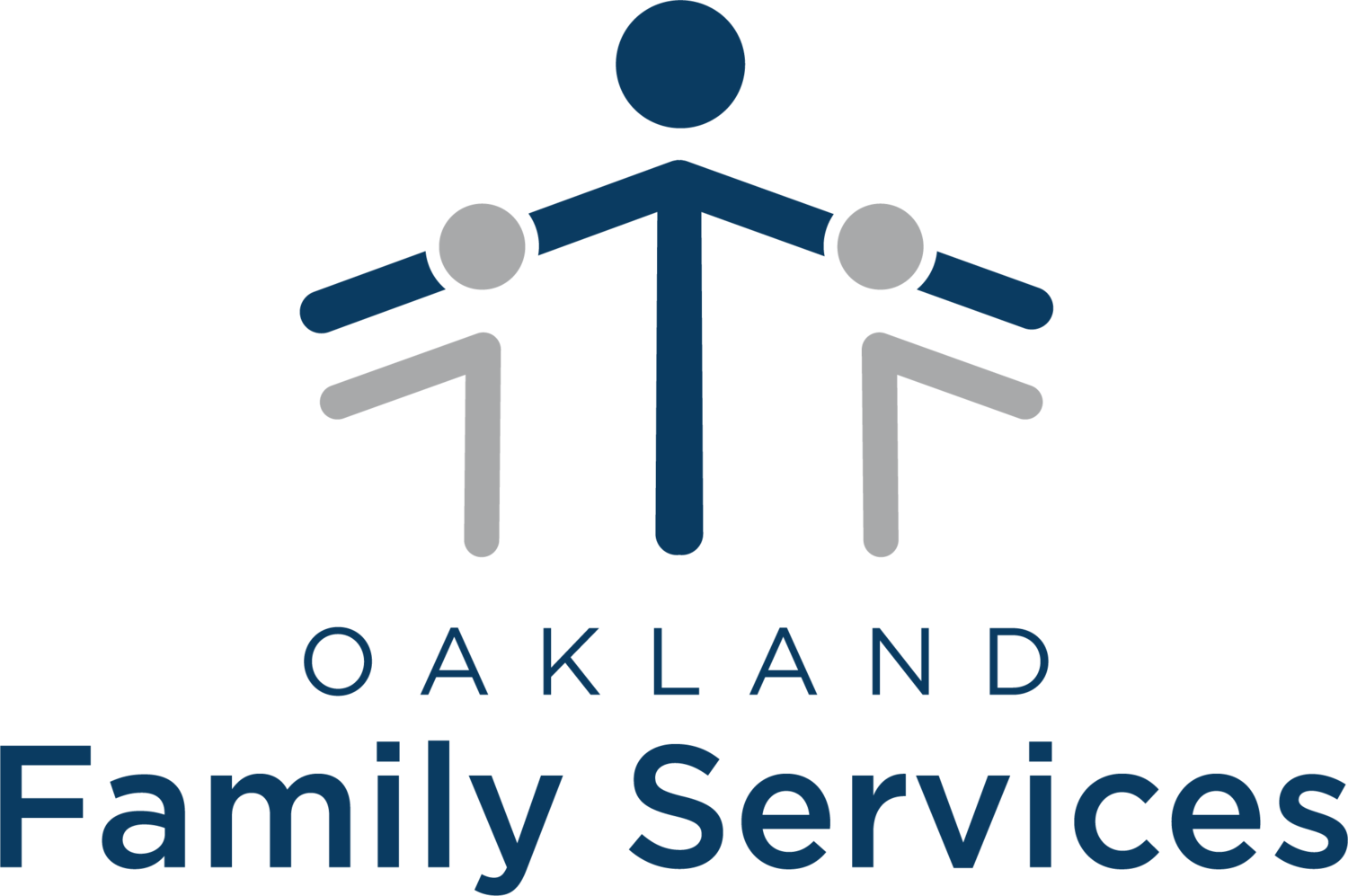Understanding and Addressing Disparities in Mental Health
Despite strides made in destigmatizing mental health issues, significant gaps persist, particularly concerning racial, ethnic, gender, and sexual orientation disparities. Understanding the causes and implications of these gaps is vital for fostering inclusivity and ensuring equitable access to mental health resources for all.
Racial and Ethnic Disparities:
Data consistently shows that individuals from racial and ethnic minority groups face significant disparities in accessing mental health care. According to the Substance Abuse and Mental Health Services Administration (SAMHSA), these communities are less likely to receive mental health treatment, often due to factors such as cultural stigma, language barriers, and lack of culturally competent care.
For instance, a study published in the American Journal of Public Health found that Black Americans and Hispanic Americans are less likely to receive mental health treatment compared to non-Hispanic whites. These disparities underscore the importance of addressing cultural and structural barriers to care and promoting diversity within the mental health workforce.
Gender Disparities:
Gender also plays a role in mental health disparities, with research indicating that women are more likely to experience mood and anxiety disorders than men. However, men are less likely to seek help for mental health issues, leading to underdiagnosis and undertreatment.
Moreover, transgender and gender-nonconforming individuals face unique challenges, including discrimination, lack of access to affirming care, and higher rates of mental health conditions such as depression and suicidality. Creating safe and inclusive spaces for individuals of all gender identities is crucial for addressing these disparities.
Sexual Orientation Disparities:
Members of the LGBTQ+ community also experience disparities in mental health care. Studies have shown that lesbian, gay, bisexual, and transgender individuals are at a higher risk of experiencing mental health conditions, including depression, anxiety, and substance misuse, compared to their heterosexual and cisgender counterparts.
These disparities are often fueled by societal discrimination, family rejection, and lack of access to affirming healthcare services. Advocating for LGBTQ+-inclusive policies and providing culturally competent care can help bridge these gaps and promote mental well-being within the community.
Causes of Disparities:
The causes of mental health disparities are multifaceted and intersect with various social determinants of health, including socioeconomic status, access to healthcare, discrimination, and cultural beliefs. Systemic racism, homophobia, transphobia, and gender inequality contribute to unequal treatment and outcomes within mental health care systems.
Treatment and Suicide Rates:
Despite the pressing need for mental health care among marginalized communities, treatment rates remain disproportionately low. According to the National Institute of Mental Health, only about half of individuals with mental illness receive treatment, with even lower rates among minority groups.
Moreover, suicide rates are alarmingly high among certain populations, particularly among LGBTQ+ youth and indigenous communities. Suicide prevention efforts must prioritize addressing underlying systemic issues and providing accessible, culturally responsive support services.
Moving Forward:
As we observe Mental Health Awareness Month, let us commit to addressing the disparities that exist within mental health care. By promoting inclusivity, raising awareness, and advocating for equitable policies, we can work towards a future where everyone has access to the support they need to thrive mentally and emotionally.
Together, we can bridge the gap and build a more inclusive and supportive mental health landscape for all.
Day One offers a compassionate path to mental wellness for individuals ages 4 and up. Our skilled therapists provide evidence-based counseling and psychiatric services, whether in person or via telehealth. We're dedicated to being with you every step of the way on your journey to emotional well-being. To learn more about our mental health treatment services or to schedule an appointment, confidentially contact us at 248-858-7766 ext. 1284.


